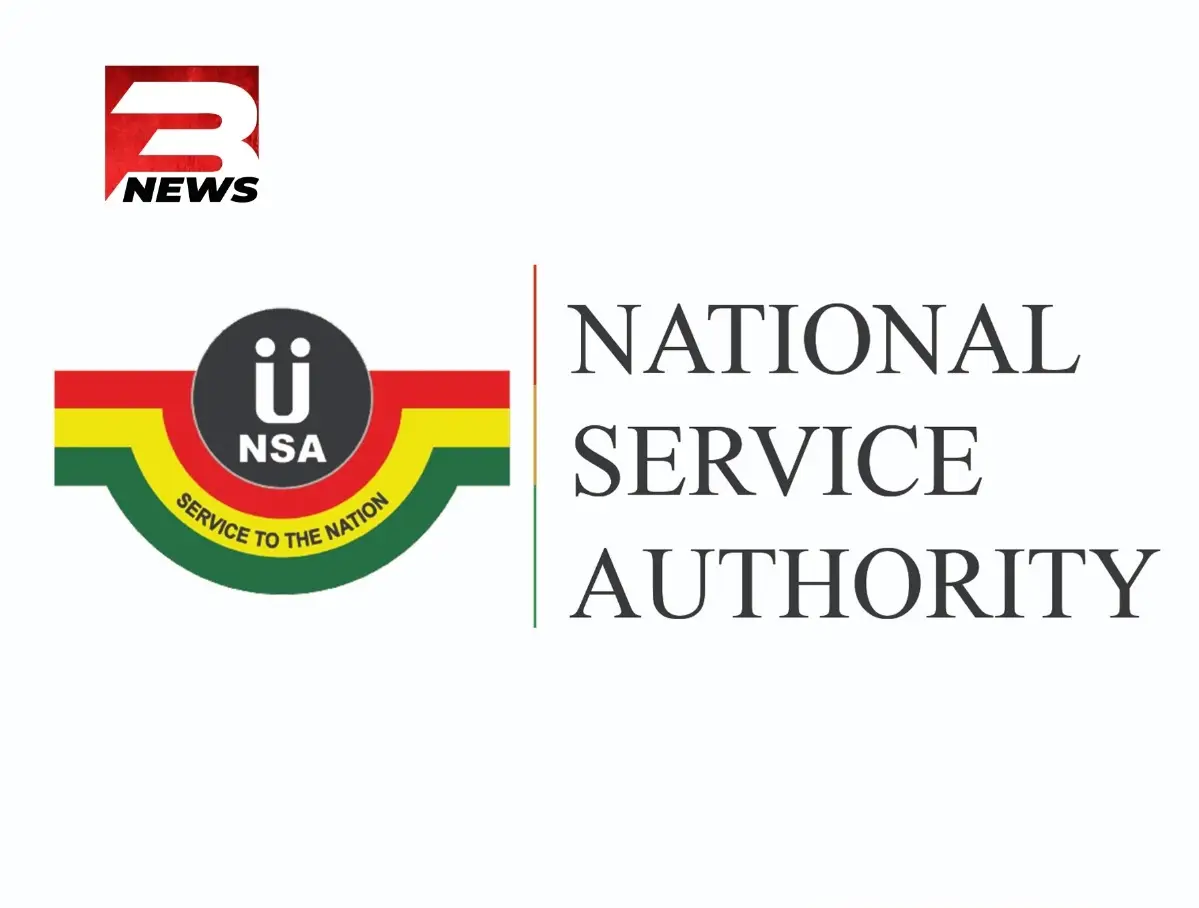
In a statement signed by its Country Director, Kofi Asante, CTSD noted that Ghana has the highest port charges in the sub-region and that is having adverse effect on businesses.
Describing the development as ‘unfair and worrying,’ CTSD cited the current module used in determining the number of free and charged periods for importers as a contravention of the Interpretation Act 2009.
“The rate at which shipping line charges have increased in the country is very alarming and must be looked at before it becomes a national security issue. With the resolution of the capacity issues within Ghana Ports and Harbours Authority and Meridian Port Services Limited, administrative fees are still being charged by the shipping lines amid some other unexplained shipping line operating costs.
“It is unfair that free days are counted for the trader while the vessels are at anchorage and not fully discharged. Section 44 (5) of the Interpretation Act 2009 clearly states how days should be counted.
“Worryingly, traders are only made aware of charges of United States Dollars index invoices issued by the shipping lines in Ghana only at the point of issue and these are charged based on the shipping lines own exchange rate and not that of Bank of Ghana,” excerpt of the statement read.
The statement further called on the government to intervene in the issue and bring an end to what it contends to be a short-changing of importers and traders.
“It must be noted that, Ghana has the highest port charges in the West African sub region and all these have contributed to the rising cost of goods and services and subsequently raising the cost of living in Ghana.
“Centre for Transport Security Dialogue (CETSED) therefore calls on the Government of Ghana to act swiftly in addressing these worrying shipping line charges because local businesses especially are losing their capital daily due to these exorbitant charges which are being passed on to the final consumer hence the rise in the cost of basic needs in the country," part of the statement read. Read Full Story















Facebook
Twitter
Pinterest
Instagram
Google+
YouTube
LinkedIn
RSS